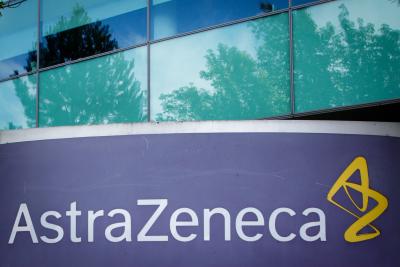New York, Nov 26 : After disclosing promising results from its Covid-19 vaccine trial earlier this week, drugmaker AstraZeneca is now facing tough questions from experts, especially after the company admitted a manufacturing error by a contractor.
The error came to light after AstraZeneca, which is developing the potential Covid-19 vaccine in partnership with Oxford University, revealed different efficacy results from two different dose regimes.
In the two different dose regimens vaccine efficacy was 90 per cent in one and 62 per cent in the other.
The higher efficacy regime used a halved first dose and standard second dose. Two full doses showed lower efficacy.
AstraZeneca made a key “mistake” in the vaccine dosage received by some volunteers only after disclosing the preliminary results, according to a report in the New York Times on Wednesday.
This raised questions about whether the vaccine’s efficacy rate derived from the interim analysis of the Phase 3 trial will hold up under additional testing, said the report.
Officials in the US have already pointed out that the results were not clear, said the NYT report.
In a series of tweets on Wednesday, Natalie Dean, Assistant Professor of Biostatistics at the University of Florida who also specialises in vaccine trial design, said that “Astrazeneca/Oxford get a poor grade for transparency and rigor when it comes to the vaccine trial results they have reported.”
“This is not like Pfizer or Moderna where we had the protocols in advance and a pre-specified primary analysis was reported,” she said.
AstraZeneca revealed the interim results after Pfizer and Moderna had earlier reported late-stage data for their Covid-19 vaccine candidates.
“And reporting out a secondary analysis that was not pre-specified (since it seems to be based on a dosing error) is not desirable. If they seek to get the half-dose approved, they should wait until they have a compelling result. Otherwise, we can land in “evidence limbo,” Dean said in another tweet.
AstraZeneca said that it reported the positive results from an interim analysis of clinical trials of the “AZD1222” vaccine in the UK and Brazil.
The company said that it continues to engage with governments, multilateral organisations and collaborators around the world to ensure broad and equitable access to the vaccine at no profit for the duration of the pandemic.
Disclaimer: This story is auto-generated from IANS service.

